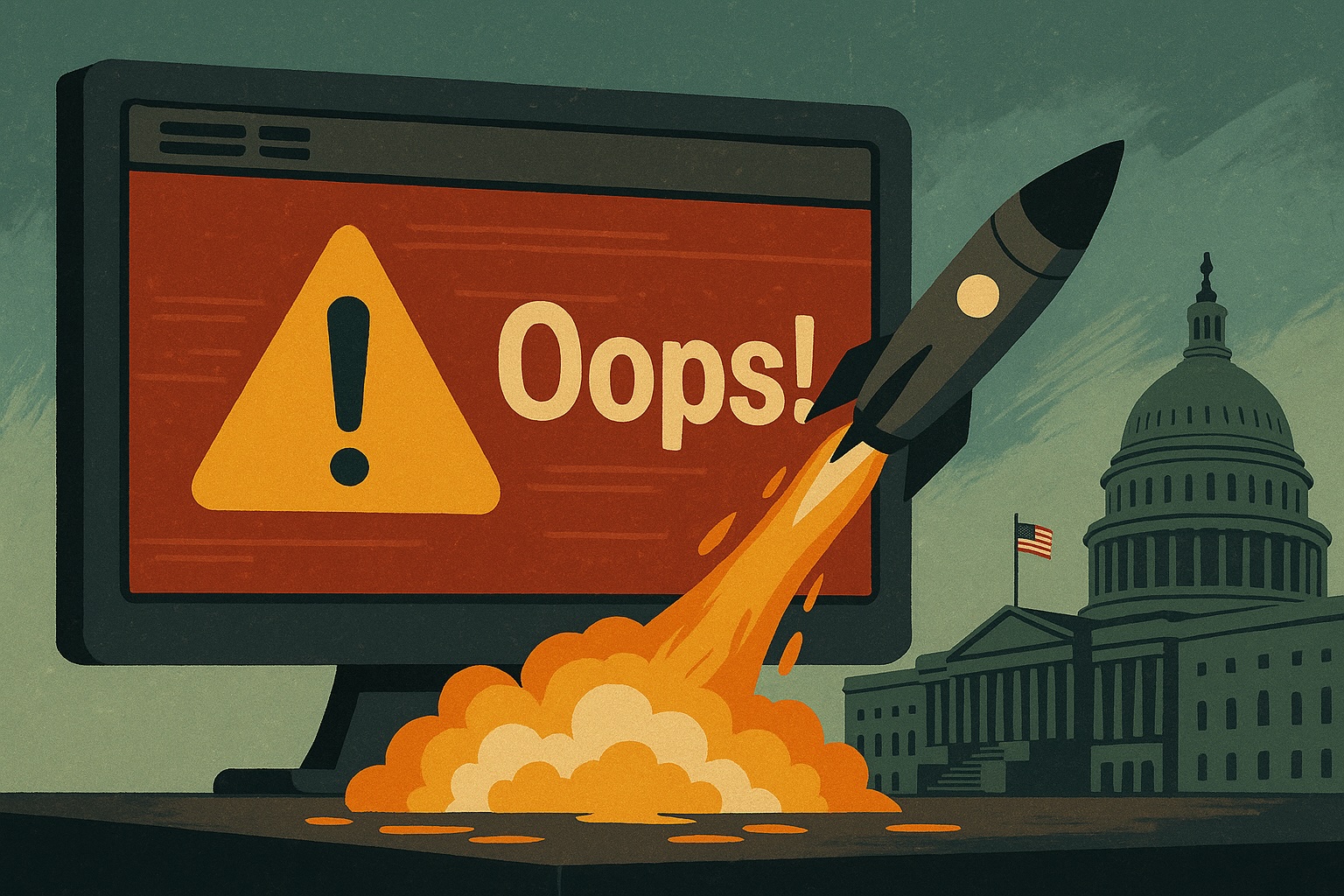From unsettling website ‘glitches’ to major funding cuts in media and science, these developments reveal how fragile our technological progress can be when it collides with political agendas. Let’s break down what these trends mean for our connected world.
The Case of the Disappearing Constitutional Clause
A government website, specifically the National Archives, experienced a ‘glitch’ that resulted in the removal of a section of the Constitutioncoincidentally, a part that former President Trump has openly criticized. While presented as a technical error, this incident highlights a profound vulnerability in our digital-first society. It demonstrates that our foundational legal and historical documents are only as secure as the infrastructure they are stored on. This isn’t just about a single website; it’s about the integrity of public records and the potential for digital systems to be manipulated, intentionally or not, eroding public trust in the institutions they represent. When digital records can be altered so easily, it raises serious questions about the permanence and reliability of information in the digital age.
Public Broadcasting in the Crosshairs
The proposed defunding of the Corporation for Public Broadcasting (CPB) is another move with significant technological and societal repercussions. The CPB is a cornerstone for public media outlets like PBS and NPR, which are often pioneers in accessibility and educational content. Cutting its funding doesn’t just remove TV shows; it dismantles a critical piece of our information infrastructure. For many rural and low-income communities, public broadcasting is a primary source of news, emergency alerts, and educational programming. Technologically, the CPB has been instrumental in developing and deploying new standards, from digital television to mobile emergency alerts. Losing it means less innovation and a wider information gap for the most vulnerable among us.
A High-Stakes Gamble on Global Health
Perhaps the most alarming development is the cancellation of $500 million in mRNA research funding. This isn’t just a budget line item; it was the United States’ primary defense strategy against a potential H5N1 Bird Flu pandemic. The COVID-19 pandemic proved the revolutionary power of mRNA technology to rapidly develop and deploy effective vaccines. By eliminating this funding, we are essentially dismantling our early warning and response system for the next major public health threat. This decision cedes leadership in biotechnology to other nations and leaves the country, and the world, dangerously exposed. It’s a stark reminder that technological advancement, especially in critical areas like public health, requires sustained investment, not short-sighted cuts.
These are not isolated incidents. They represent a pattern of devaluing the digital and scientific infrastructure that underpins a modern, resilient society. Whether it’s the integrity of our digital records, the accessibility of public information, or our readiness for a global pandemic, the message is clear: technology is not apolitical. Its development and maintenance are choices, and the choices being made right now carry consequences that will echo for years to come.

